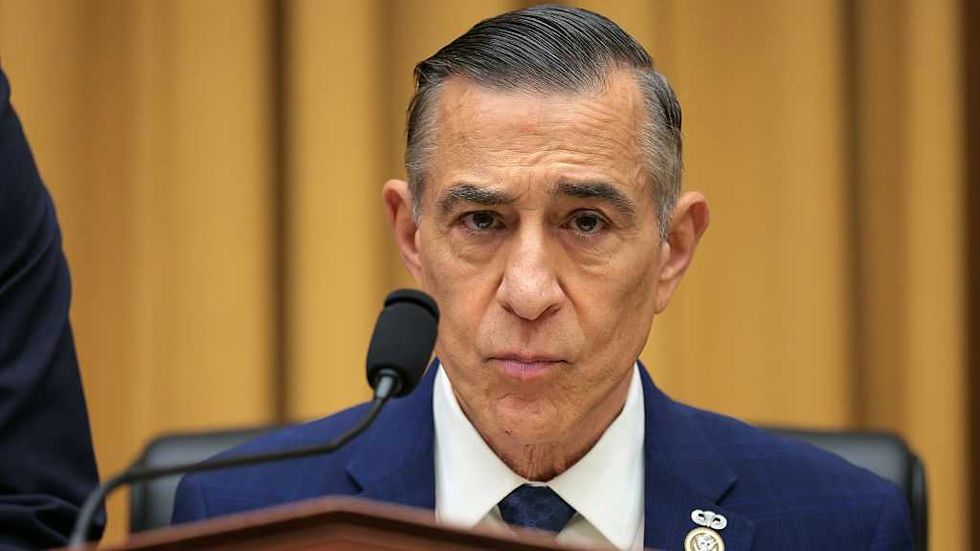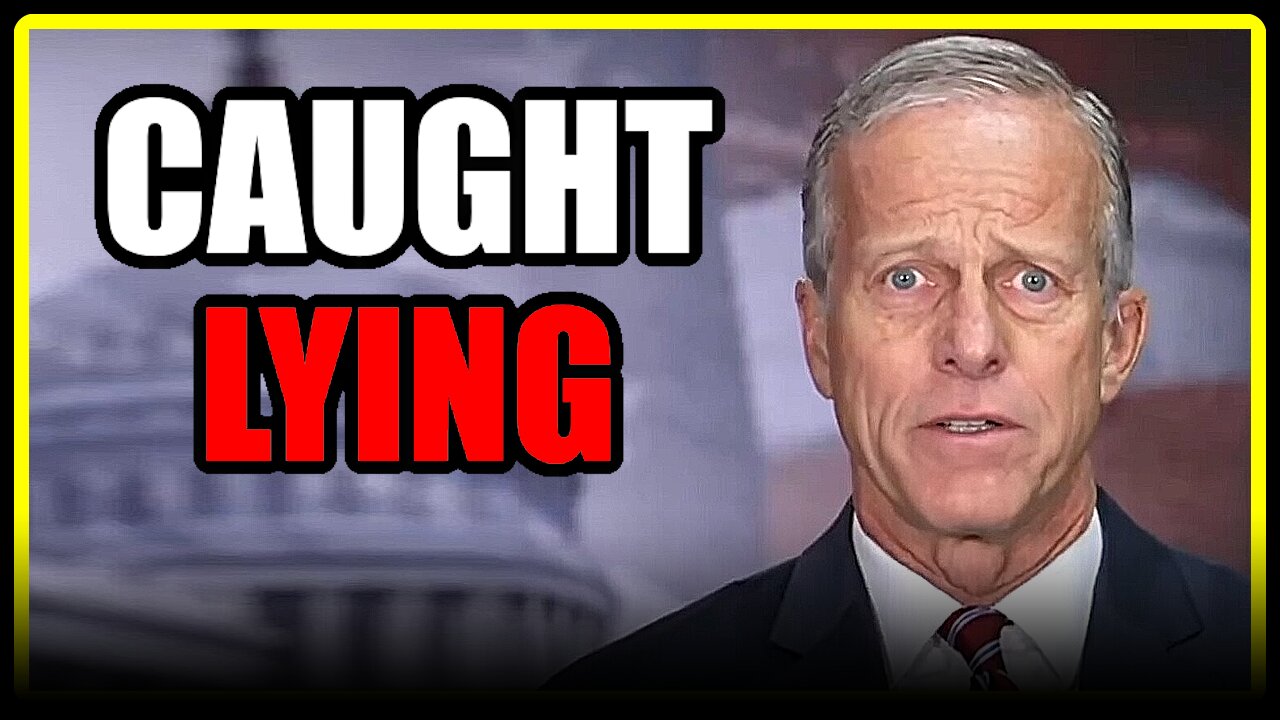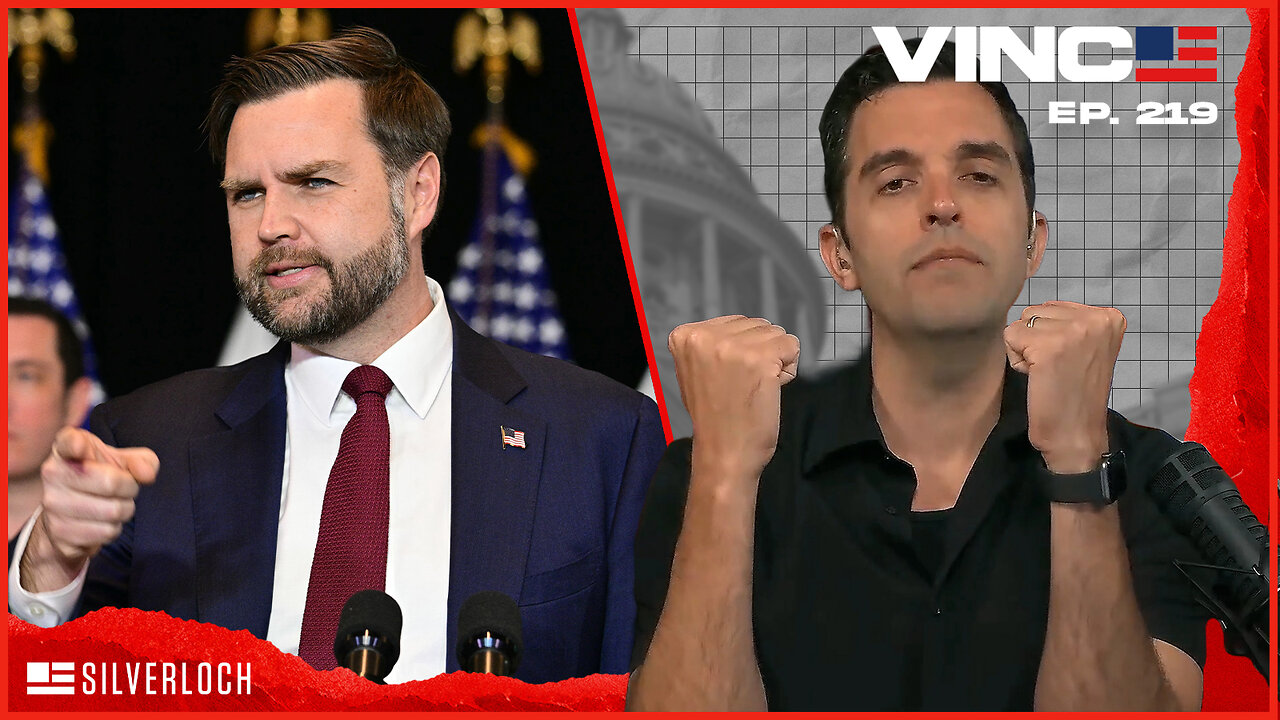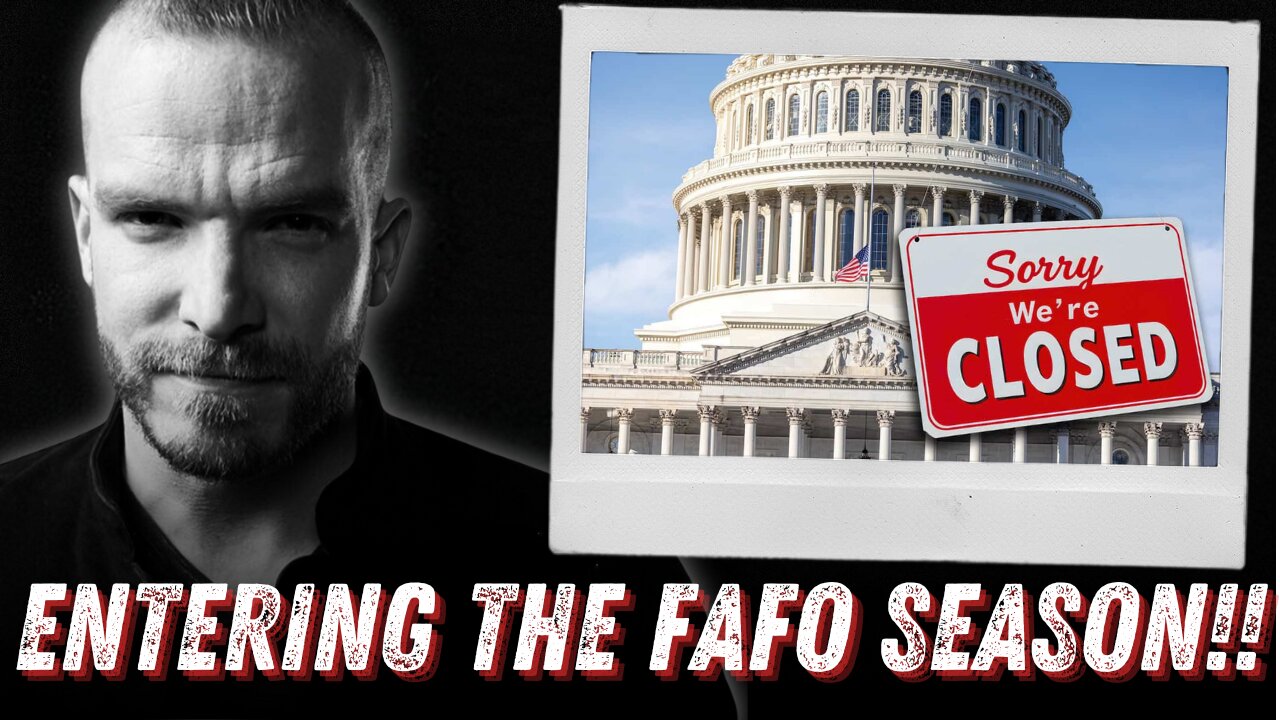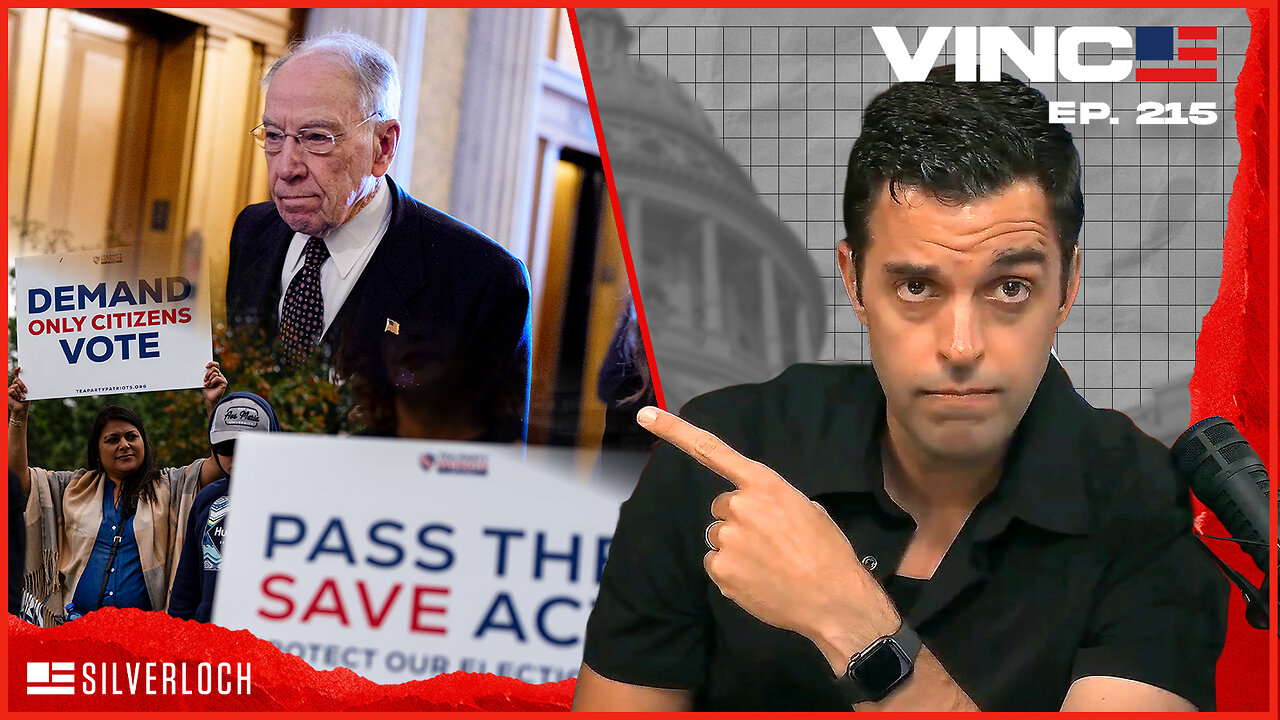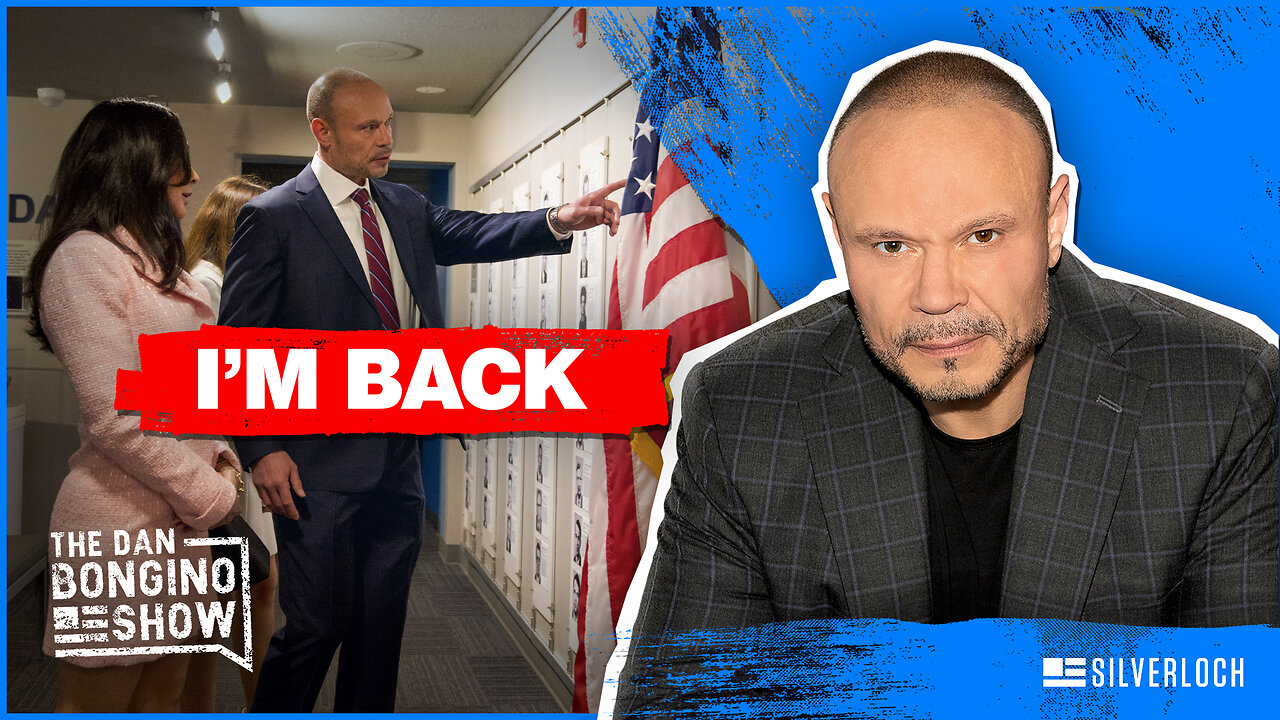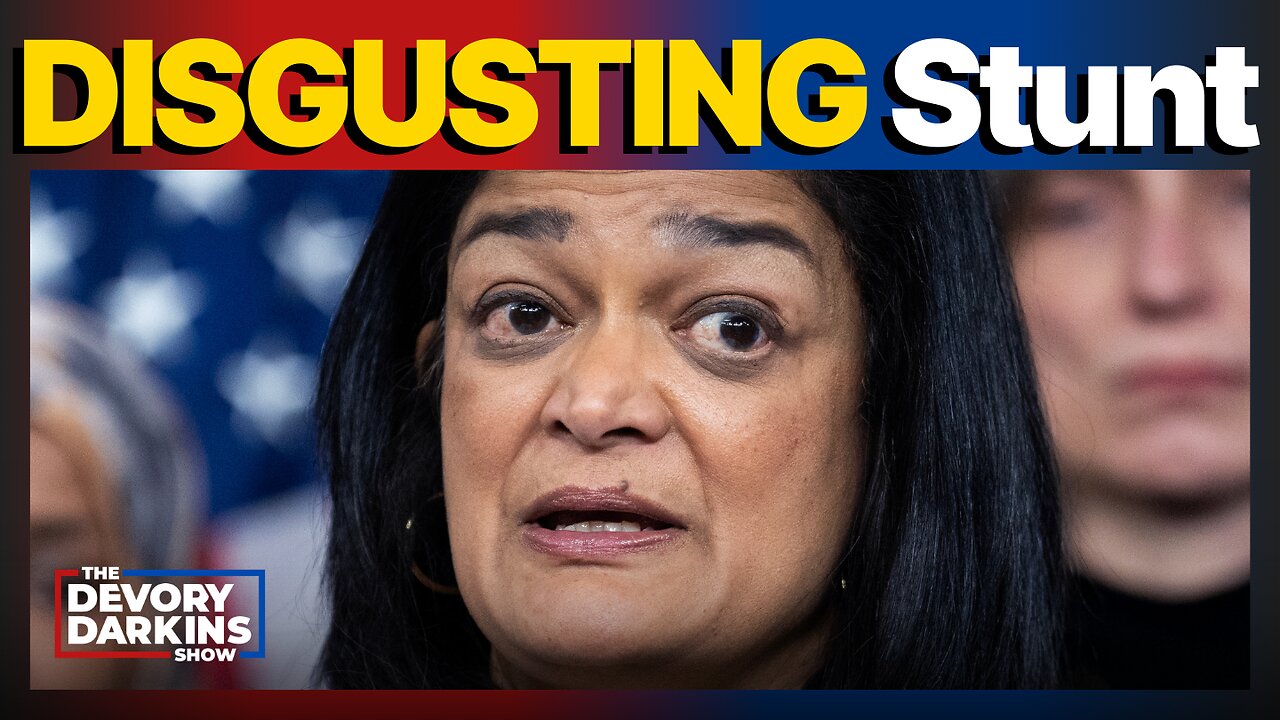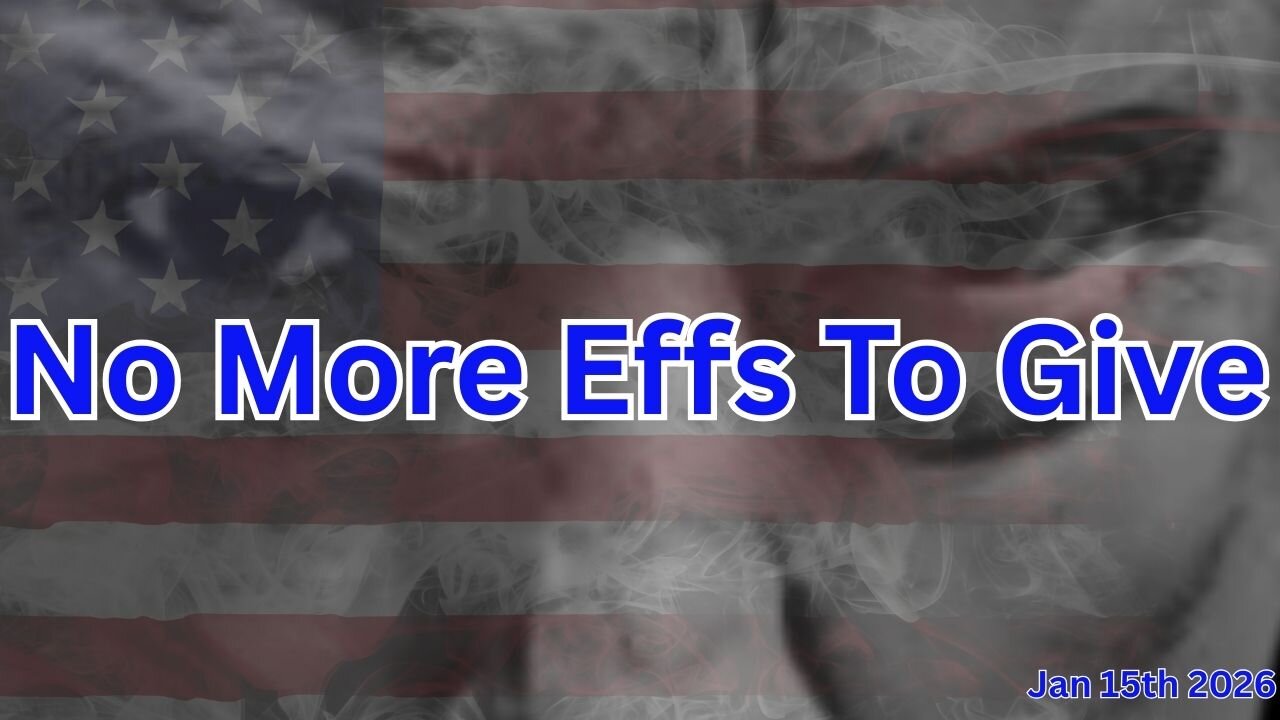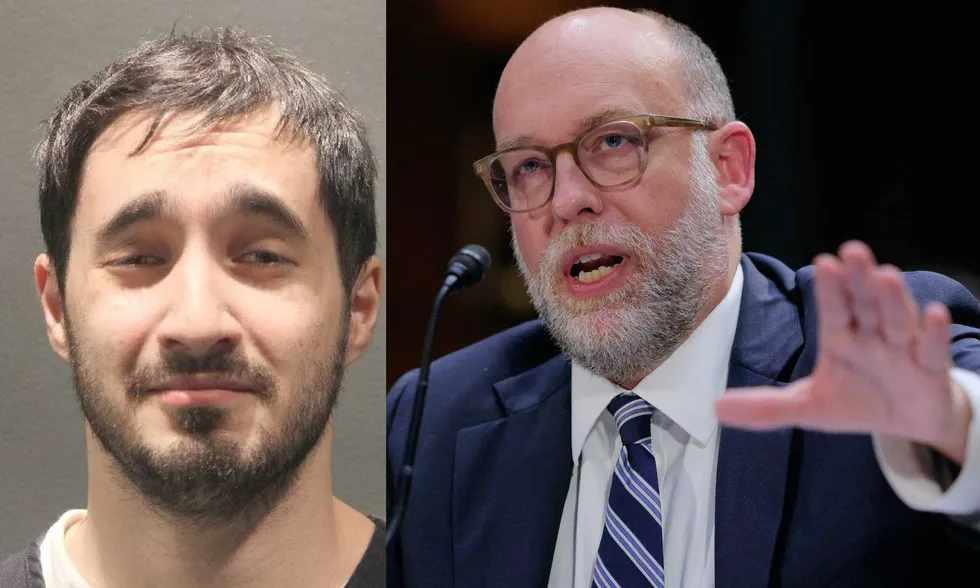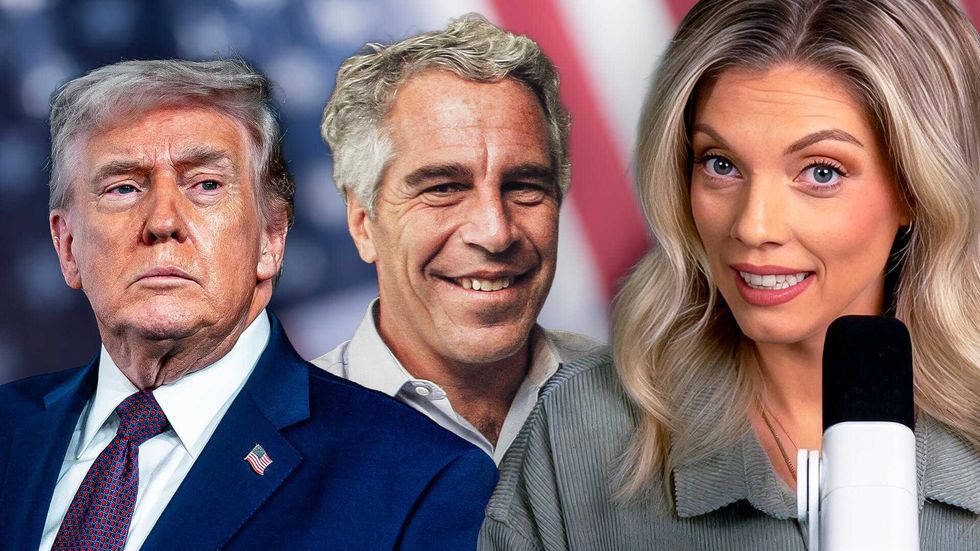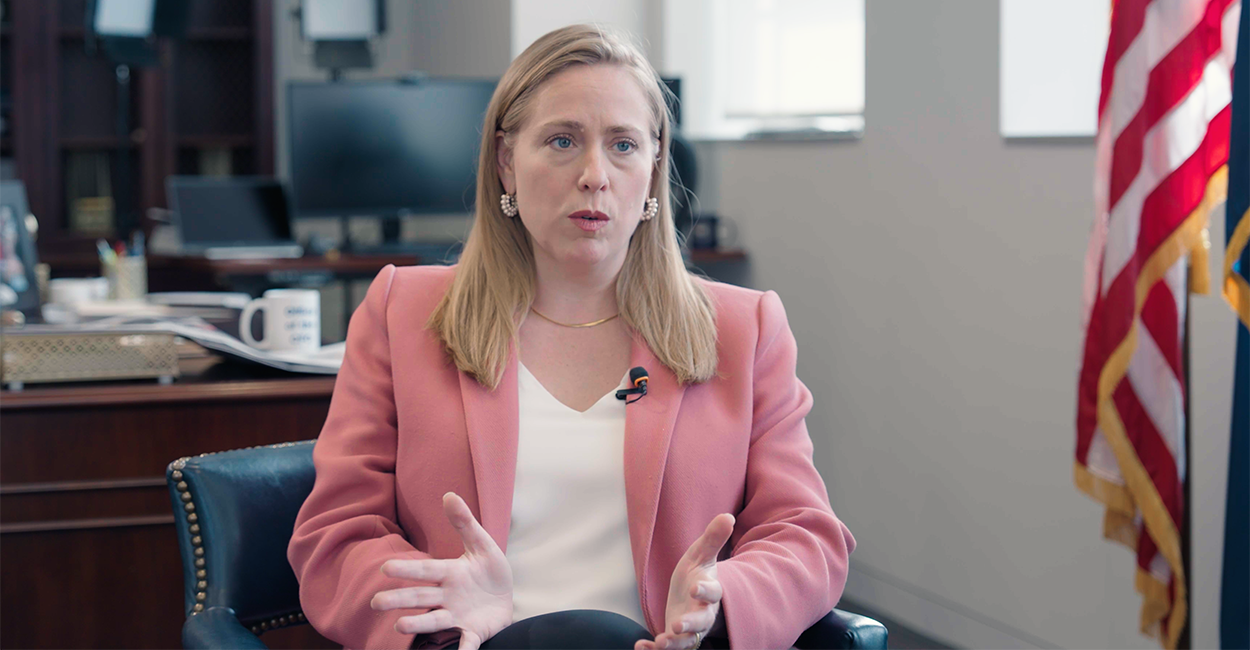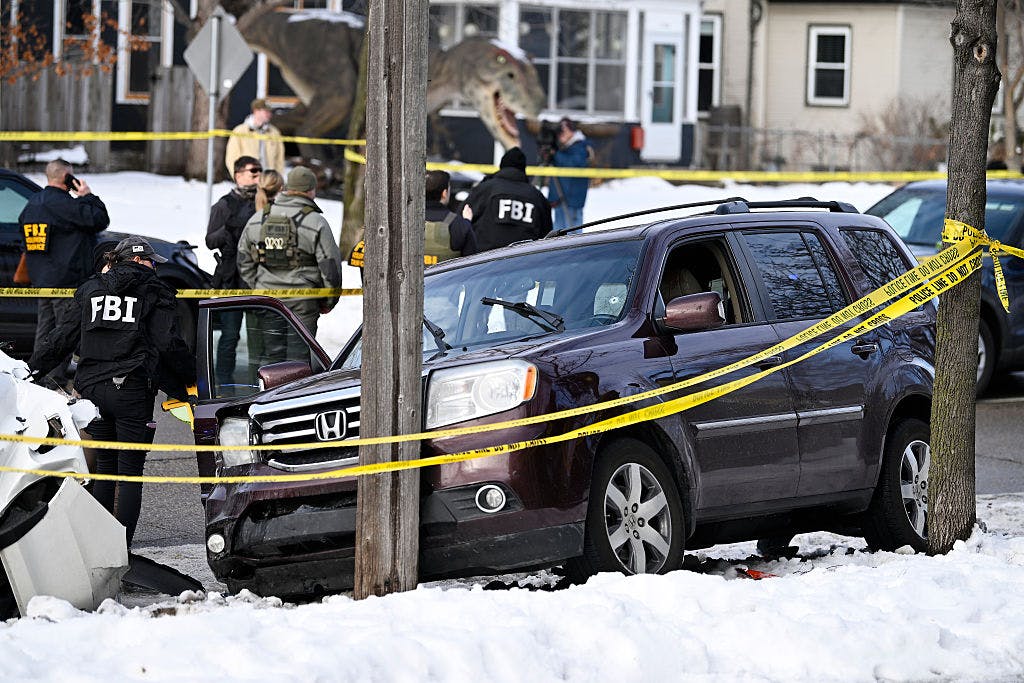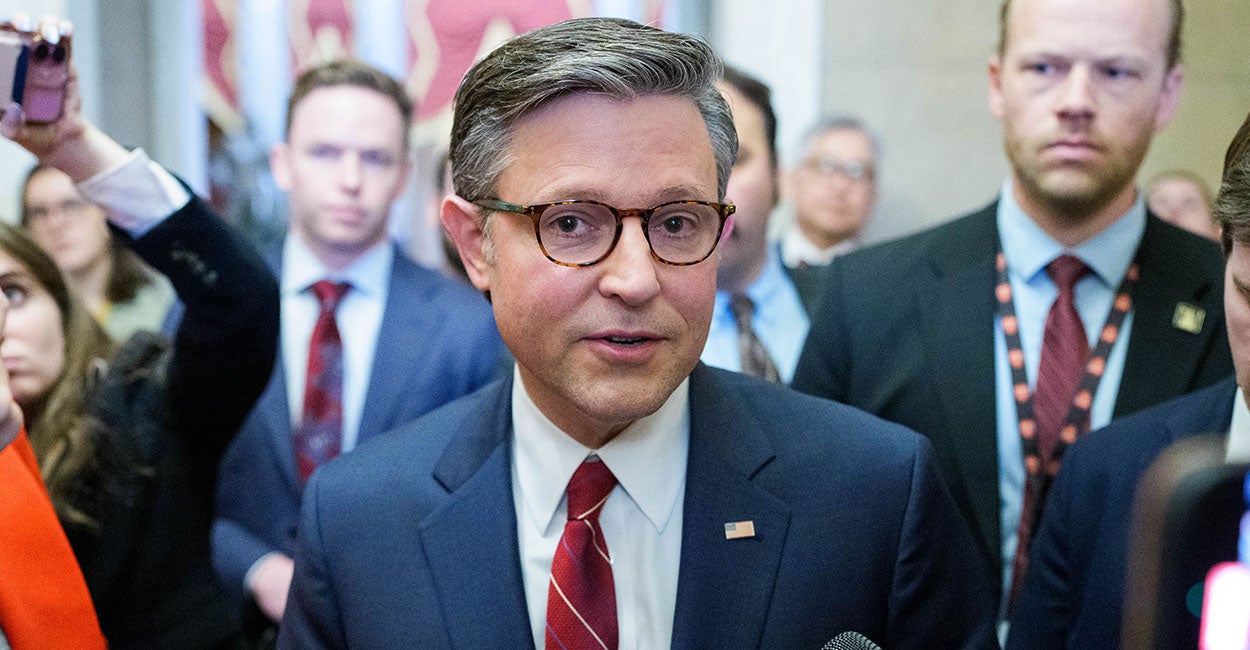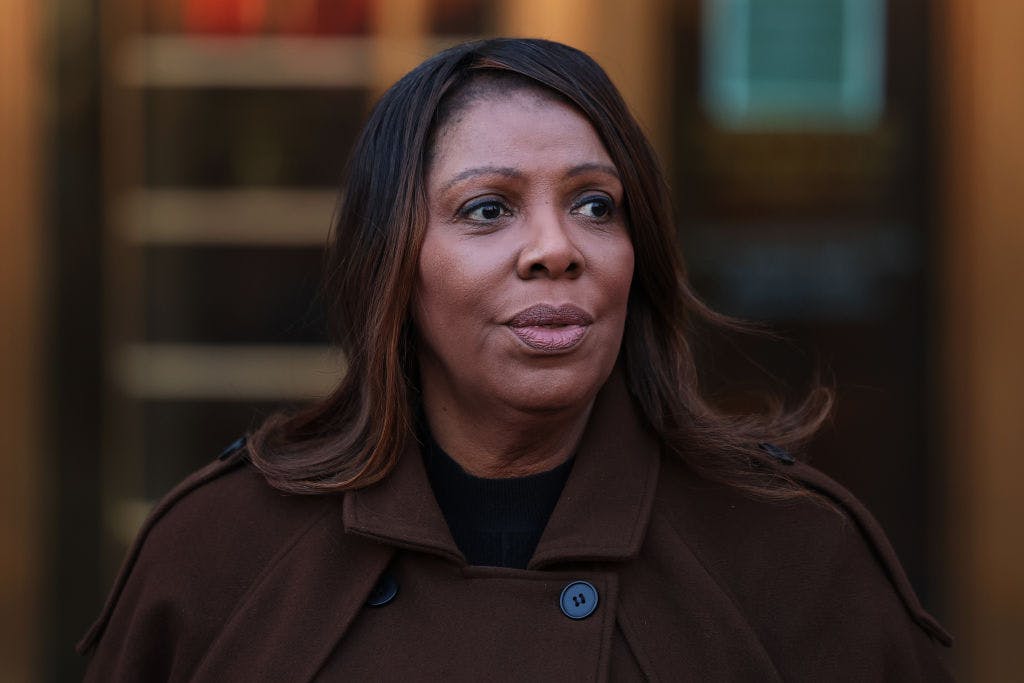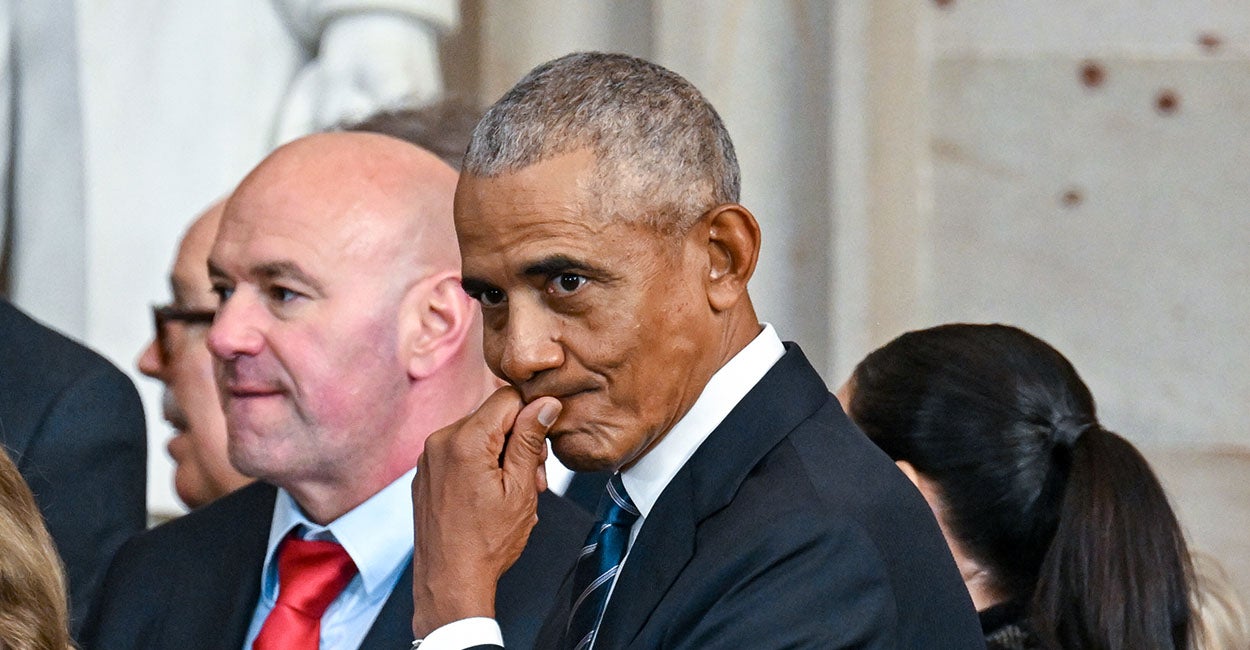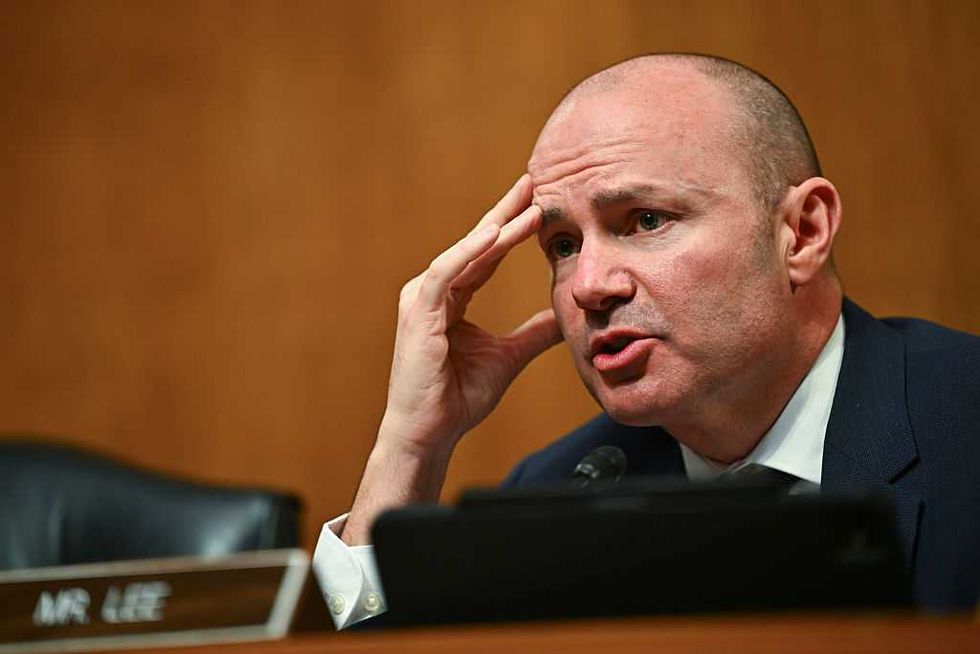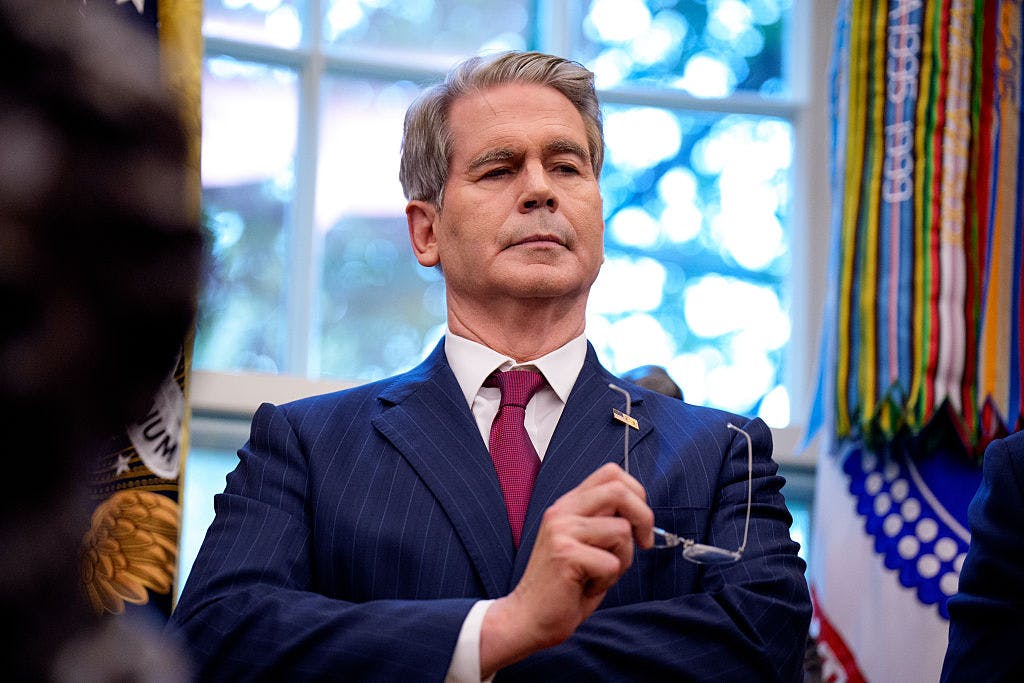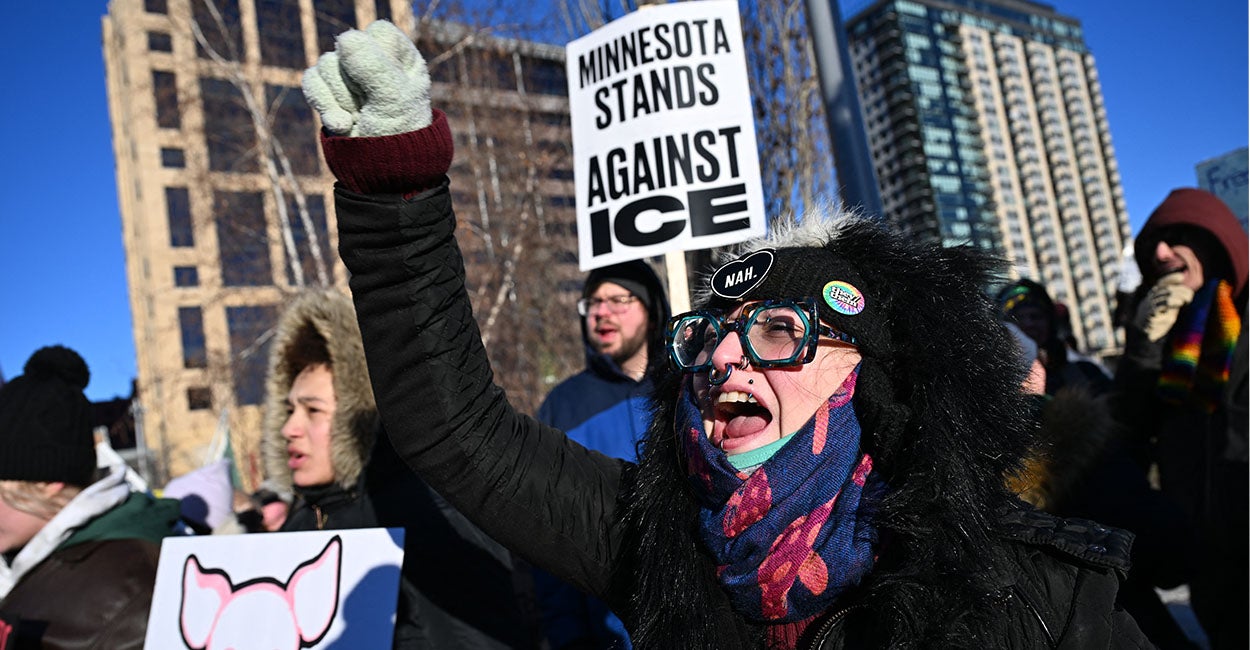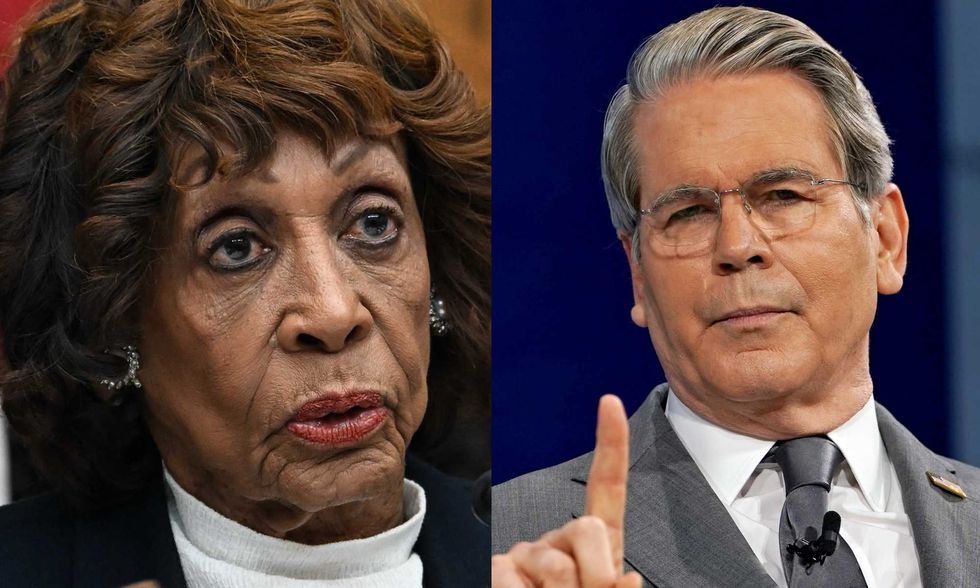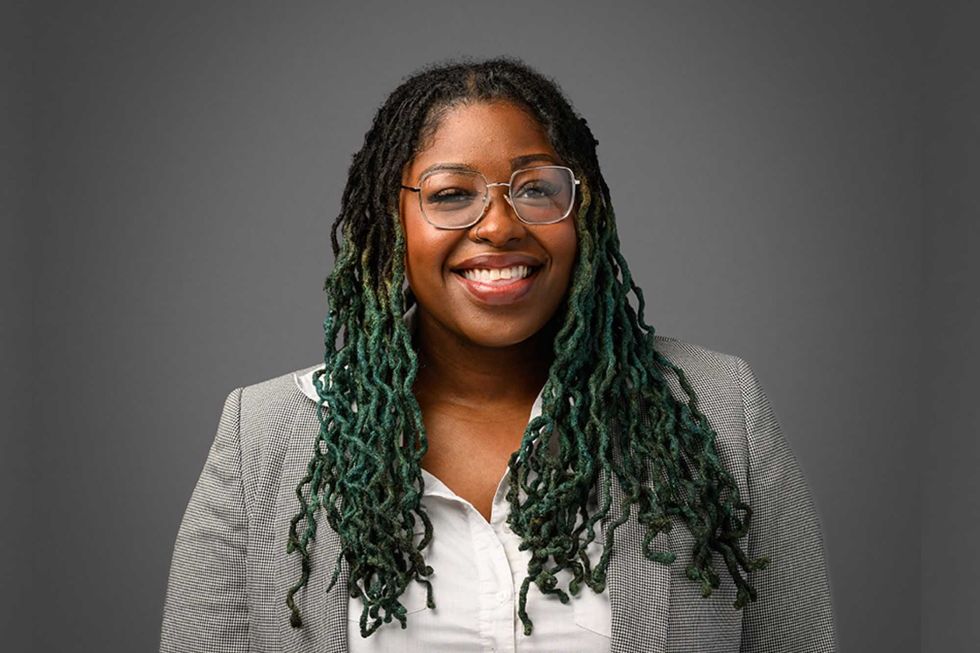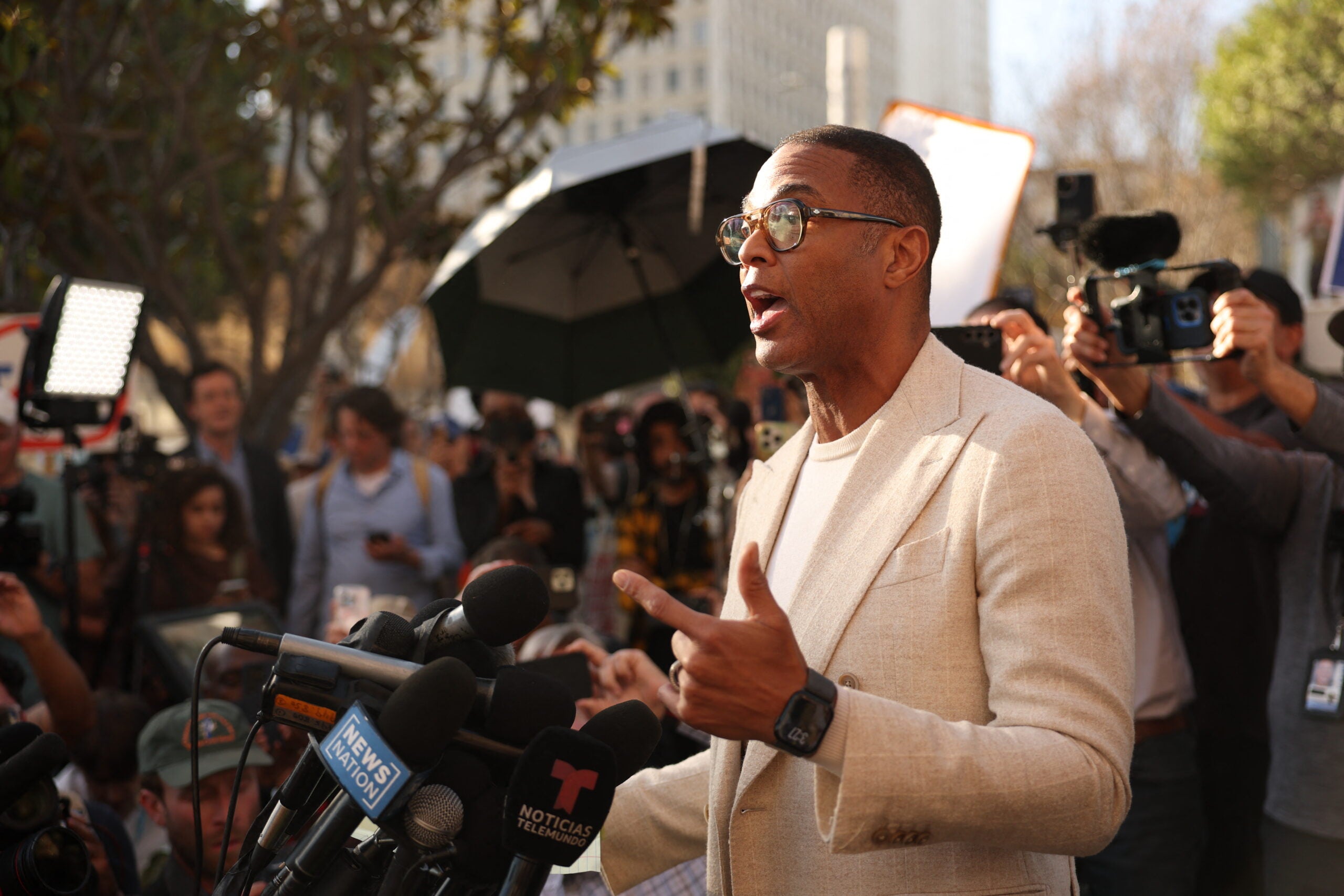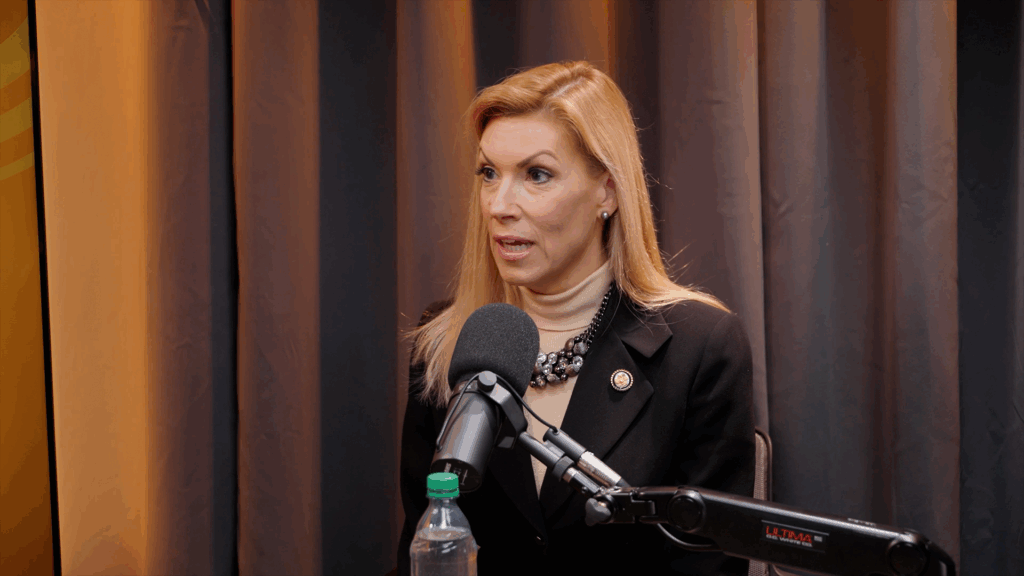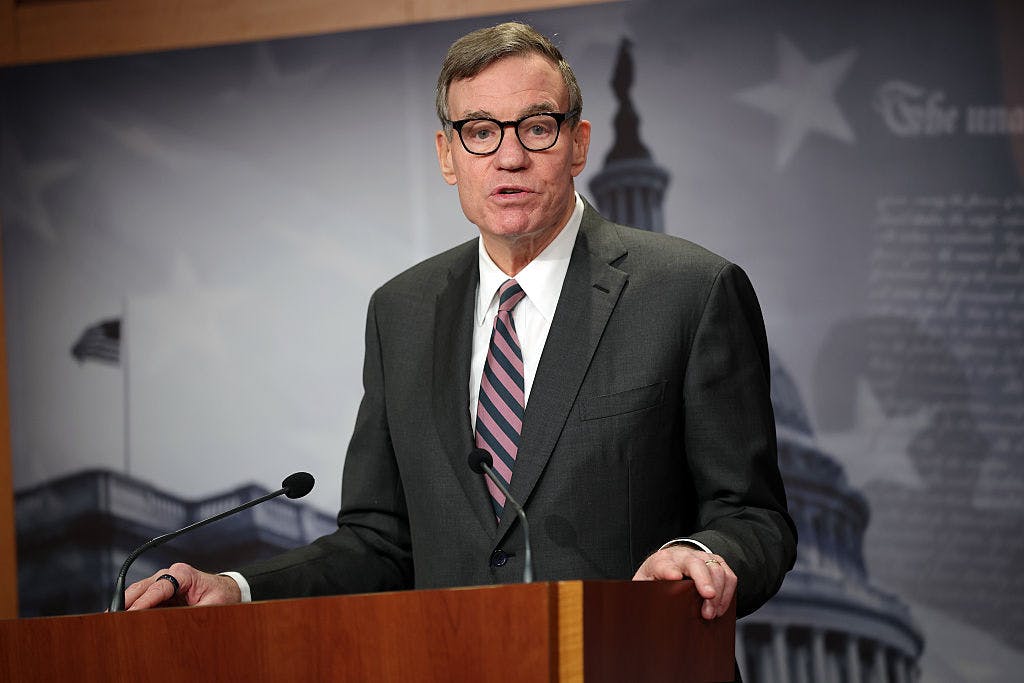Why Universities Are Settling
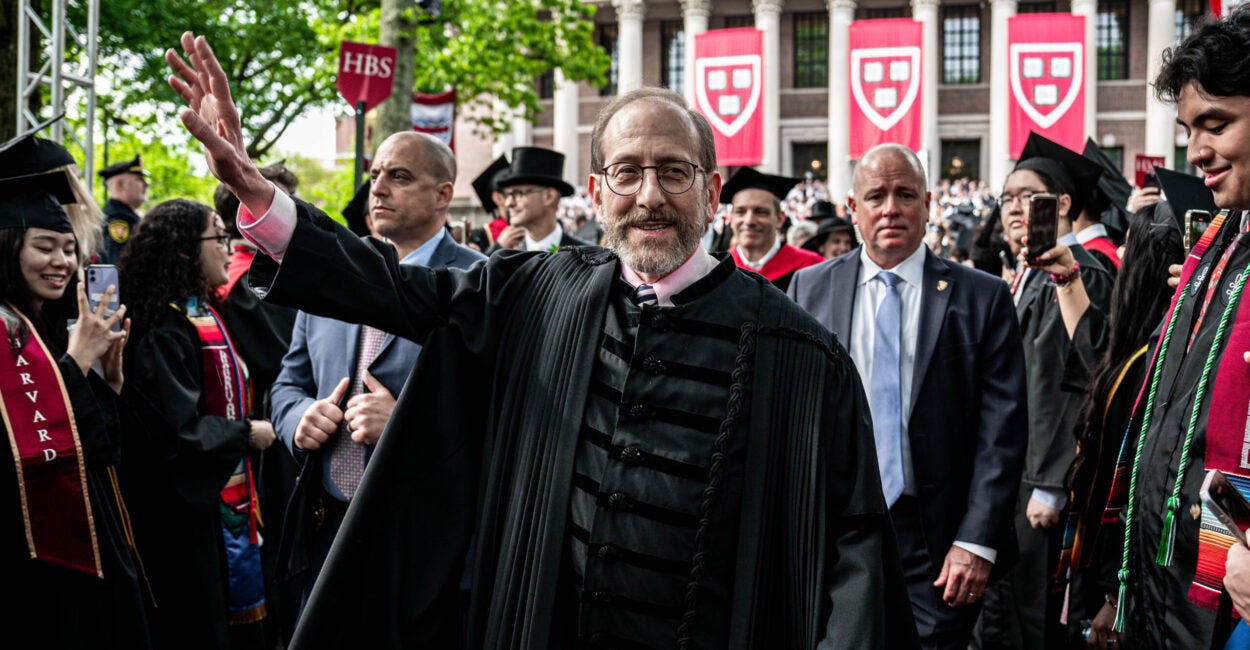
Columbia, Brown, and Penn have already settled their disputes with the Trump administration over anti-Jewish, racial, and gender discrimination complaints. Now, several news reports suggest Harvard and Cornell will announce settlements soon—and UCLA, Northwestern, and others may follow soon after.
Live Your Best Retirement
Fun • Funds • Fitness • Freedom
Many academics and their allies are mystified as to why these universities would agree to settlements. But it’s not that hard to understand.
First, universities are settling because they are guilty. The evidence is overwhelming that several universities failed to protect Jewish students—which they could have done simply by enforcing their own rules against such abuse and suspending or expelling bad-acting students. Instead, they rewarded students who violated the civil rights of Jewish students.
At Harvard, two students were arrested for assaulting a Jewish student as they blocked him from crossing campus. Harvard refused to cooperate with the prosecution and then favorably profiled one bad-acting student on the law school admissions website and made the other a marshal of the commencement ceremony.
In another incident at Harvard, students occupying a university building in violation of the rules were provided with burritos and Twizzlers by Harvard deans.
At Northwestern, protesters breaking university rules by camping on the lawn were rewarded with policy concessions, including the promise to hire a Palestinian professor.
Even more thoroughly documented are the civil rights violations via racial discrimination. Considering it righteous to treat some racial groups preferentially in admissions and hiring, university administrators and faculty frequently wrote emails and reports about racial goals and about the different procedures used for different races of applicant. These illegal practices continued even after the Supreme Court’s decision in Students for Fair Admission—a fact that’s easily proven via these documents and statistical evidence.
Second, universities are settling because fears about agreements infringing on academic freedom or university autonomy have so far proven completely unfounded. In fact, both the Columbia and Brown agreements contain explicit prohibitions on violating academic freedom.
For example, the Columbia agreement states, “No provision of this Agreement, individually or taken together, shall be construed as giving the United States authority to dictate faculty hiring, University hiring, admission decisions, or the content of academic speech.”
Anti-Trump academics like to scare each other with ghost stories about the administration taking over their universities, but there’s nothing in these agreements that substantiates those fears.
The agreements pledge to cease civil rights violations, provide compliance-ensuring data to the government or a third party, and institute disciplinary reforms. None of this violates academic freedom or autonomy, and universities should not fearsuch agreements.
Third, the boards of trustees and senior leaders of universities may be agreeing to settlements because those agreements help them enact reforms they previously desired but were unable to accomplish.
The trustees are legally responsible for the university’s finances and compliance with civil rights laws, but they have ceded control over critical operations to well-organized and political radical groups of faculty—thus exposing universities to significant legal and financial liability. For example, if the faculty senate sets rules for student behavior and adjudicates infractions, it may choose not to punish rule-breaking students—even if doing so would place the university in danger of civil rights violations and loss of revenue.
By agreeing to these settlements, which centralize control over student discipline, trustees can wrest control away from radical faculty and better position themselves to protect the university against liability.
Trustees know they need to end the use of racial preferences in admissions and hiring, but faculty and staff are resistant to making changes, even if their non-compliance would put the university in legal jeopardy. By agreeing to end these practices—and submitting to independent monitoring—trustees can force changes over the objections of staff and faculty. This allows them to blame the president while also reducing their own legal liability.
Lastly, trustees and senior leaders may agree to settlements to end the reputational damage that reckless faculty and staff have inflicted on their universities.
A critical mass of faculty have radical political agendas that motivate them to violate scholarly norms and seize control of the university’s operations. These radical groups on campus are inclined to pursue these agendas even if it casts their universities as ideologically imbalanced and extreme. Faculty may prioritize their personal political agendas over the reputations of their institutions, but the trustees cannot afford to let this happen for long.
Many academics and their friends in the media have a hard time recognizing this, but decades of reputational damage mean universities are now cast as the villains. That leaves them prey to aggressive government enforcement because they have little popular support to mobilize against government action.
Similarly, large corporations and wealthy individuals are exposed to aggressive prosecution or regulatory compliance if they can easily be portrayed as greedy. Just ask the targets of Rudy Giuliani’s prosecutions in the 1980s or, more recently, Lina Khan’s antitrust enforcement.
When a target is disliked, aggressive tactics tend to be greeted with popular praise, not restraint. Unless trustees can restore the reputational damage caused by ceding control to radical faculty, they may face a lot more hostile government action in the future.
The fact that universities have started settling isn’t a puzzling abdication of their responsibilities. Trustees and senior leaders have every reason to reach agreements to remove their guilt and regain control over their institutions to reduce legal and reputational risks—all of which can be accomplished without ceding academic freedom or autonomy.
The post Why Universities Are Settling appeared first on The Daily Signal.
Originally Published at Daily Wire, Daily Signal, or The Blaze
What's Your Reaction?
 Like
0
Like
0
 Dislike
0
Dislike
0
 Love
0
Love
0
 Funny
0
Funny
0
 Angry
0
Angry
0
 Sad
0
Sad
0
 Wow
0
Wow
0


